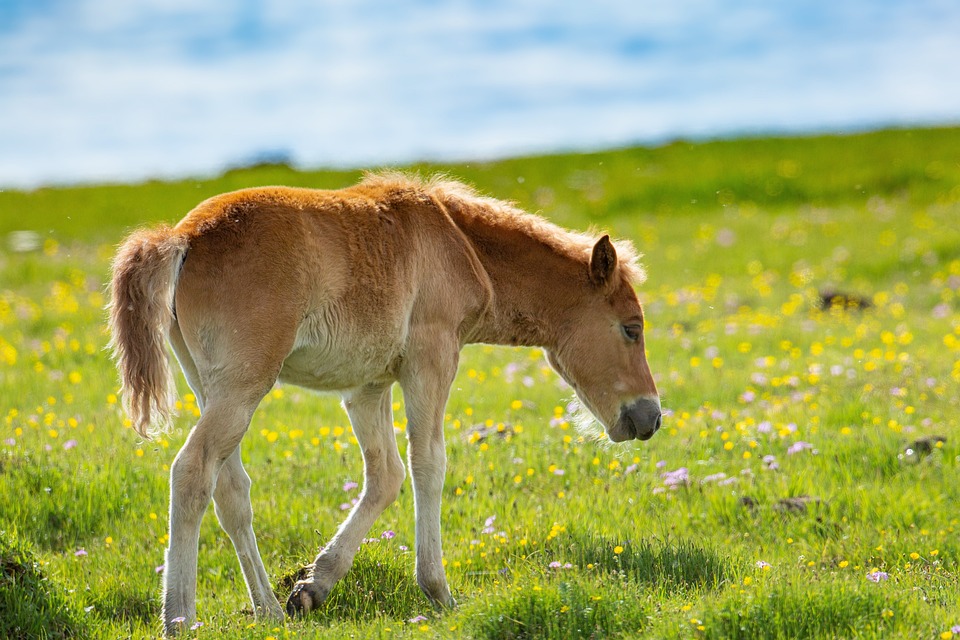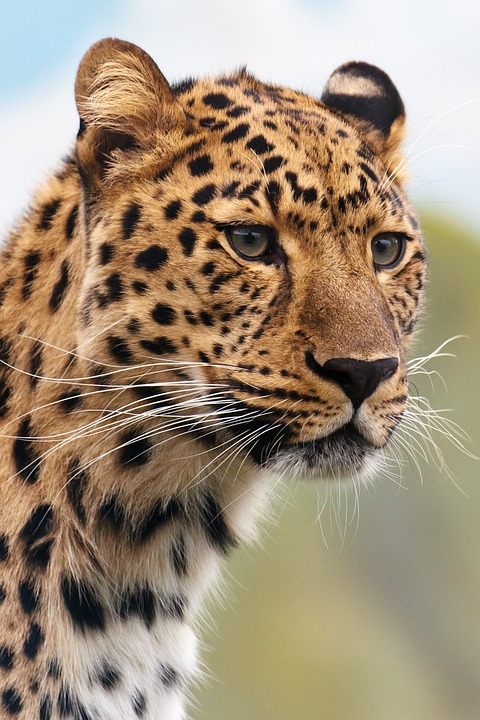The Olympics are a time of excitement and celebration for many sports enthusiasts around the world. However, for some, like myself, it can take a while to warm up to the event. My favorite Olympic event, the equestrians, has recently come under a dark cloud due to an incident of cruelty to a horse by a British equestrian. This news made me angry, sad, but not entirely surprised, as the equestrian world can be rough on horses.
As someone who has ridden horses, I am aware of the challenges and pressures that come with competing in the show world. While there are certainly caring individuals who compete humanely with their horses, there is also a darker side to the sport where horses are sometimes pushed beyond their limits. Reflecting on my own experiences, I can recall moments where I may have ridden too hard or asked too much of my horse.
Despite the challenges, horses are incredible creatures that teach us valuable lessons in patience, compassion, and communication. They are walking lessons in Buddhism, showing us that the less we demand, the more they give. This fundamental principle is something that I believe should be at the core of equestrian sports.
In light of recent events, I have been thinking about ways to improve the welfare of horses in competition. One idea that I have come up with is to introduce a new component where horses are evaluated based on their willingness to participate. This could involve a simple test where the horse is turned out in a field and must willingly come to their rider when called. This basic test could serve as a powerful indicator of the horse’s well-being and partnership with their rider.
While this may sound simplistic, it aligns with the core values of equestrian sports – creating a working partnership with another creature. Rather than focusing solely on speed and performance, this approach shifts the focus to the bond between horse and rider, which is the true essence of riding.
Fortunately, there are already practitioners and programs that promote this kind of connection-based training. Connection Training, a program dedicated to meaningful communication with horses, has gained popularity among equestrians. World-level dressage rider Tristan Tucker is a shining example of how kindness and communication can lead to astounding results in horse training.
In Maine, there are skilled practitioners like Emily Rose of Soulstice Ranch and Chris Lombard who exemplify the principles of connection-based training. Their work with horses demonstrates the power of building trust and understanding with these magnificent animals.
Ultimately, the key to improving equestrian sports lies in fostering a deeper connection and communication between horses and riders. By prioritizing the well-being and partnership with horses, we can create a more humane and fulfilling experience for both the athletes and the animals involved. This shift in perspective not only benefits the sport but also aligns with the true spirit of the Olympics – promoting unity, respect, and friendship across boundaries.





